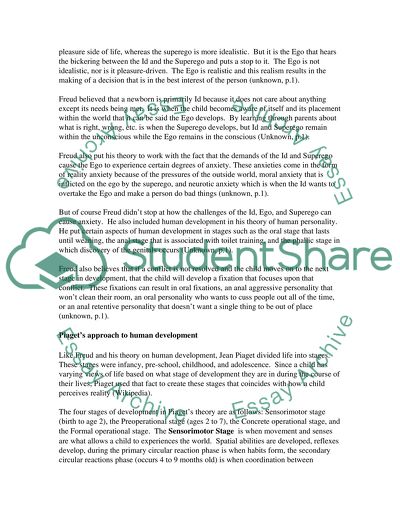Cite this document
(“Human Development and Personality Essay Example | Topics and Well Written Essays - 2500 words”, n.d.)
Human Development and Personality Essay Example | Topics and Well Written Essays - 2500 words. Retrieved from https://studentshare.org/psychology/1508745-human-development-and-personality
Human Development and Personality Essay Example | Topics and Well Written Essays - 2500 words. Retrieved from https://studentshare.org/psychology/1508745-human-development-and-personality
(Human Development and Personality Essay Example | Topics and Well Written Essays - 2500 Words)
Human Development and Personality Essay Example | Topics and Well Written Essays - 2500 Words. https://studentshare.org/psychology/1508745-human-development-and-personality.
Human Development and Personality Essay Example | Topics and Well Written Essays - 2500 Words. https://studentshare.org/psychology/1508745-human-development-and-personality.
“Human Development and Personality Essay Example | Topics and Well Written Essays - 2500 Words”, n.d. https://studentshare.org/psychology/1508745-human-development-and-personality.


